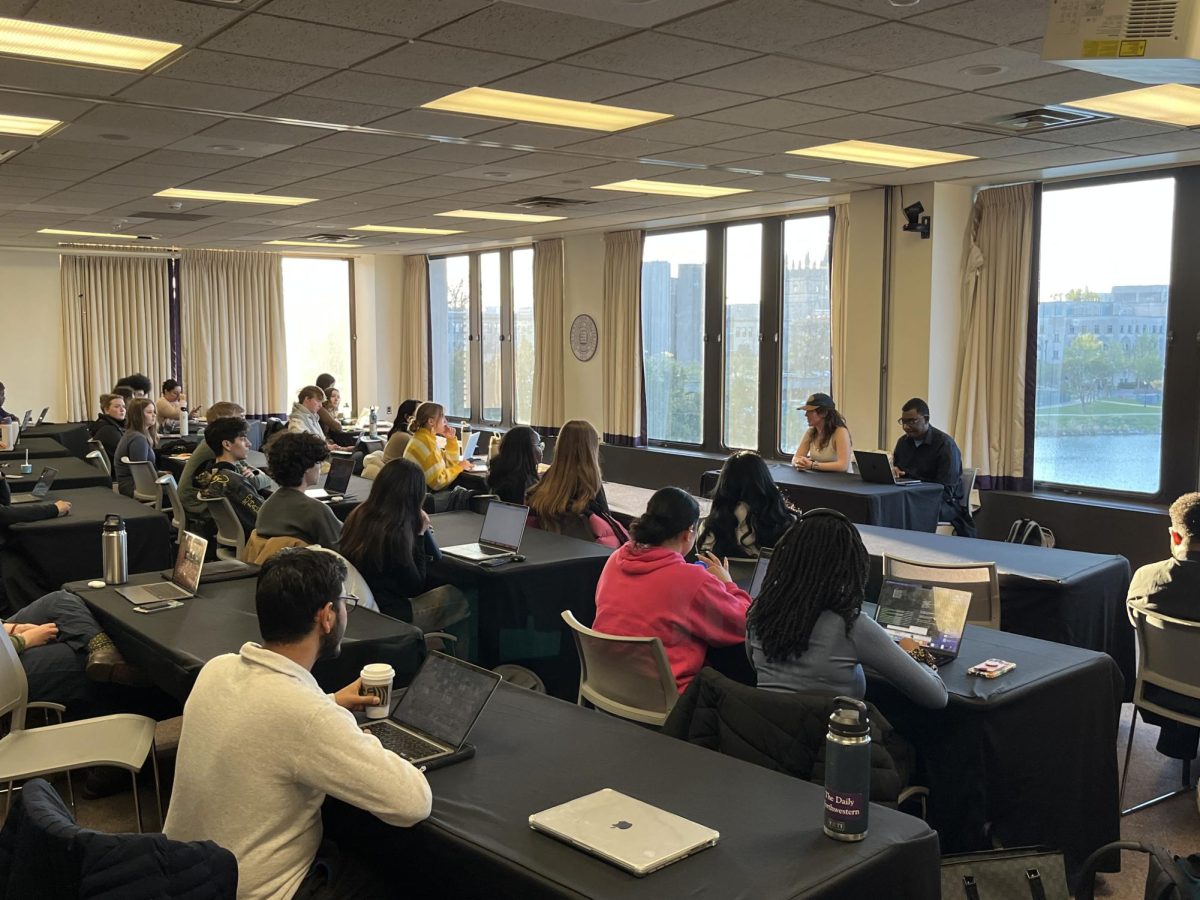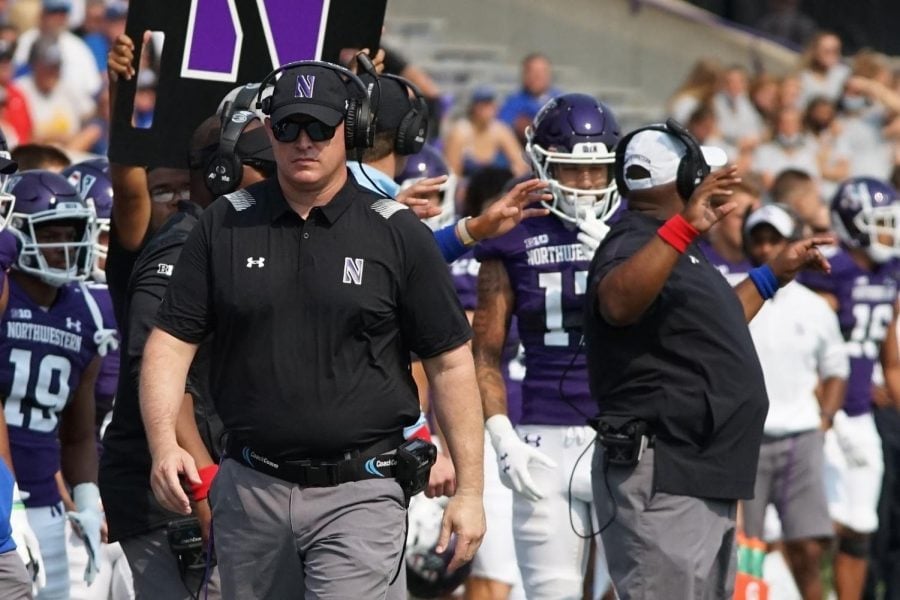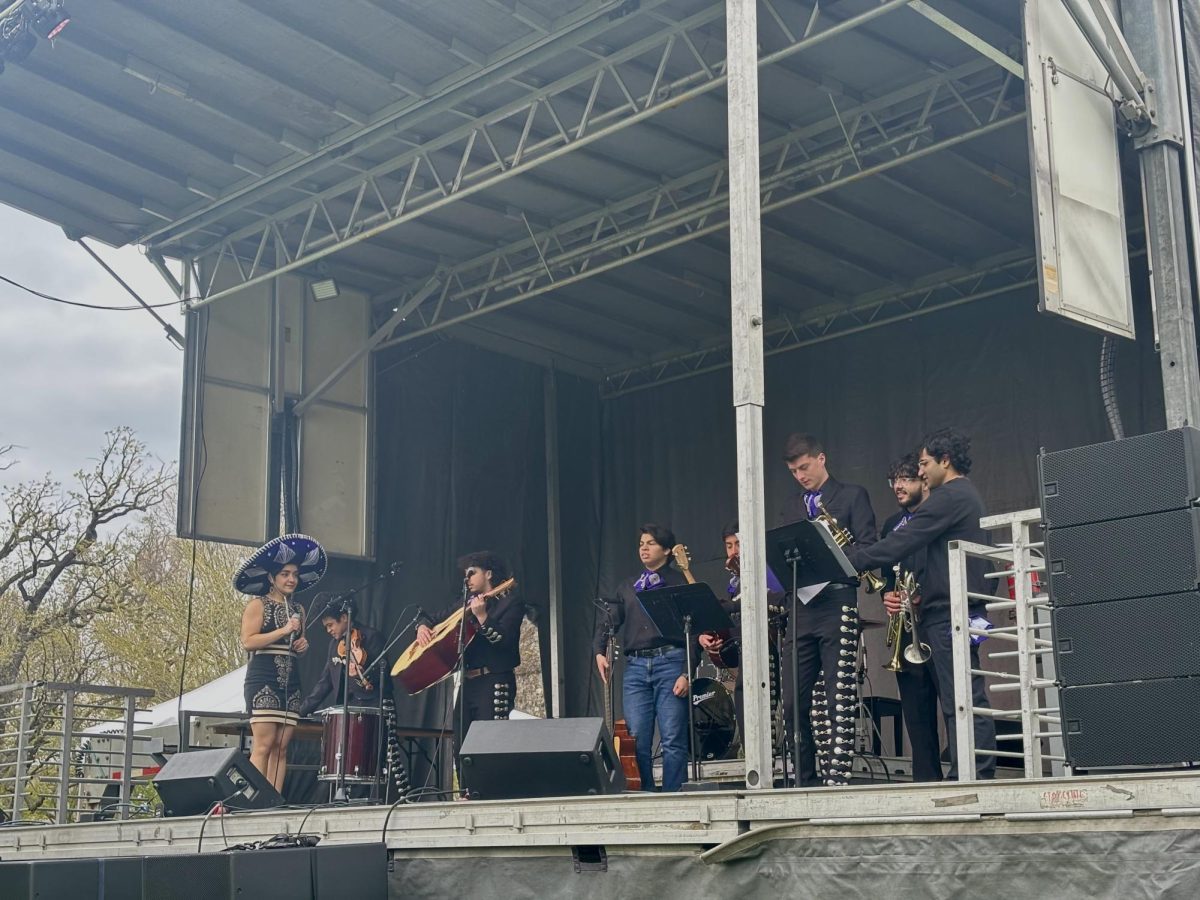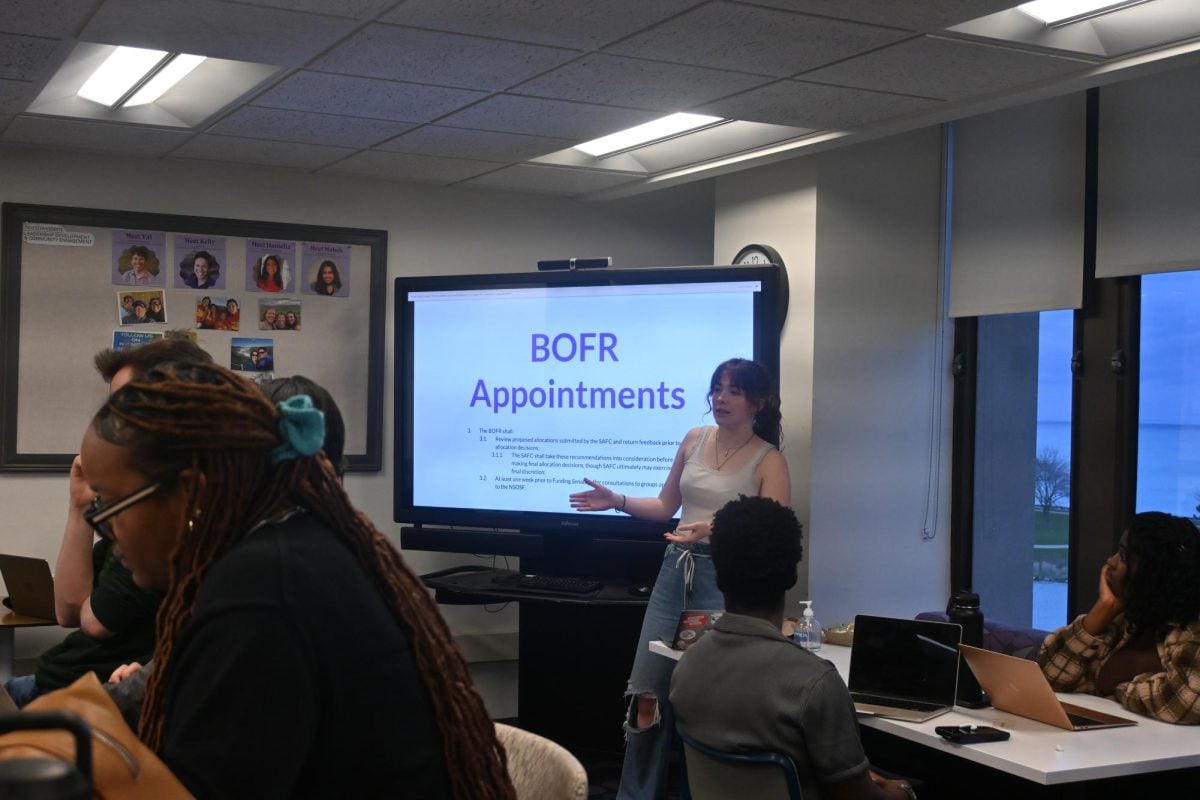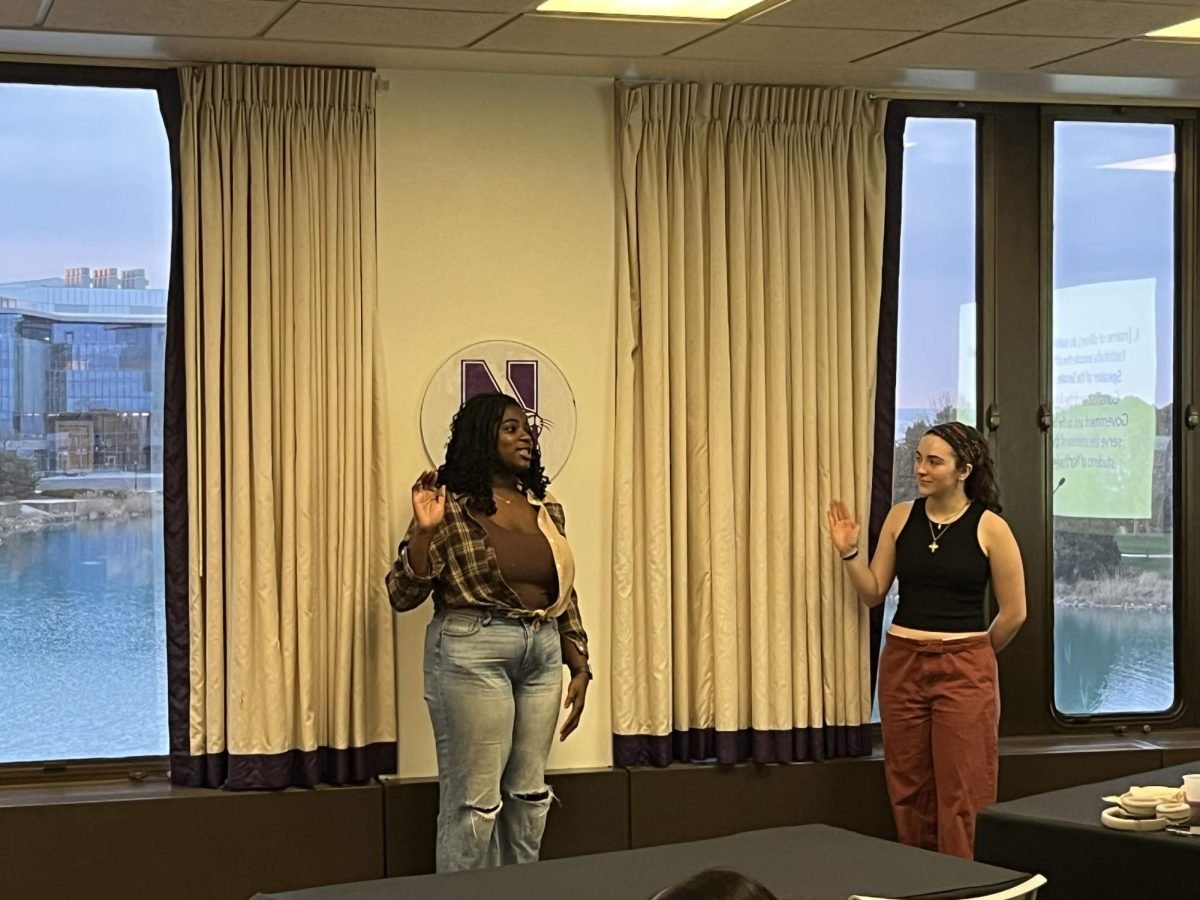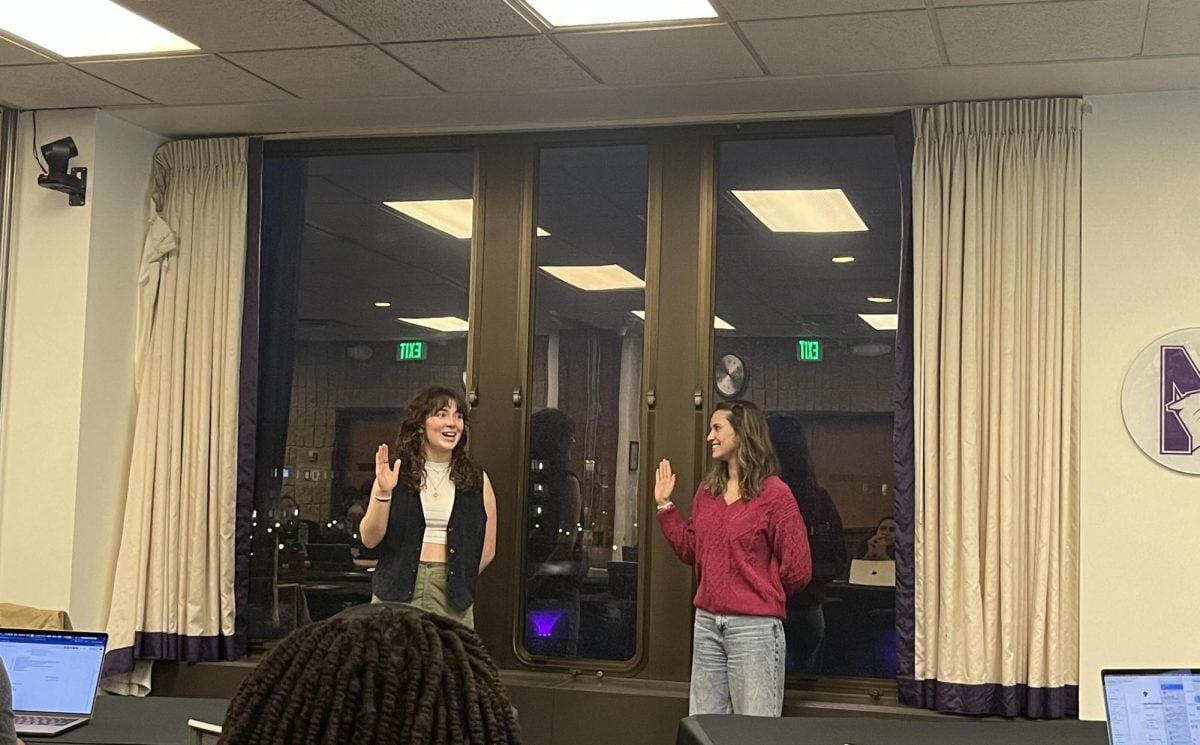Northwestern is starting a new program to address the problems and concerns of students living off campus.
The Off-Campus Ambassador Program is set to begin in Winter Quarter. Tony Kirchmeier, director of off-campus life, will head the program, along with student off-campus ambassadors. The applications for OCAs opened Thursday, and Kirchmeier said he is looking for a maximum of eight students living in the 1st, 4th, 5th and 7th Wards to fill the positions.
OCAs will plan activities and events with the Office of Off-Campus Life, assist students with concerns and act as the “eyes and ears” of all NU students who live off campus. OCAs are paid a stipend of $500 per quarter and will start training in January.
Kirchmeier joined NU’s Division of Student Affairs in January, when his position as the director of Off-Campus Life was created. He said the idea for a program came from the students and examples from other universities.
“Other schools that are centralized in downtown locations have similar programs, and in the last two years, it’s becoming more and more common,” Kirchmeier said.
Steven Monacelli, Associated Student Government vice president for community relations, said ASG made a report for the Office of Off-Campus Life last year with student concerns and suggestions. He said the Off-Campus Ambassadors Program was one of the short-term recommendations.
“We’ve heard a lot of issues, and the big ones are always the ones we keep hearing over and over again,” he said.
Monacelli, a former Daily columnist, said some of those issues include lack of lighting, difficulty finding housing and not knowing what to expect from tenants.
“Community ambassadors was something we were hoping to happen, and we’re glad to see it happen now,” the Communication senior said.
One concern Kirchmeier listed for off-campus students is a lack of knowledge or preparation for living on their own. He said transitioning to living off campus presents a different type of responsibility that students may be unfamiliar with.
Medill junior Jolene Zhou said she is considering applying to be an OCA because she wants to get involved and help coordinate events for the off-campus community.
Zhou said she has loved living off campus for two years because she has more freedom. However, she said her biggest concern about moving out of the dorms was feeling disconnected to the on-campus activities and organizations.
“I think it’d be great to curate another community for the off-campus students,” Zhou said.
Zhou also said she thinks NU could be more attentive, active and progressive about what it can bring to the off-campus community.
“Once it’s started, I think people would love to at least get in involved, at least attend a couple meetings, a couple events, just to get connected to other neighbors,” she said.
Kirchmeier said students feeling disconnected from NU is a common concern he has heard.
“(Students) develop a primary relationship with their television sometimes, and they don’t see as many people,” he said. “They don’t have the same kind of connection to campus.”
Communication senior Grace Su said she personally has not felt disconnected from Northwestern, but she said she enjoys having her own space and makes an effort to stay connected. However, she said she acknowledged that off-campus living has a different atmosphere.
“There definitely is a different feel when you’re not surrounded by Northwestern students all the time,” Su said. “It’s just different than living in a dorm hall, with people everywhere.”
This is Su’s second year living off campus, and she said she also enjoys the freedom of it.
“The only concern I might have is the increased amount of robberies,” she said. “That’s a little scary sometimes.”
Kirchmeier said the OCAs will also be able to inform the University of neighborhood issues, such as lack of lighting or garbage pickup. The Office of Off-Campus Life has received feedback in the past, he said, but he thinks this program may be more effective.
“If there are issues that start to develop within a neighborhood … the University can have a better chance to understand, to try to work with them or the long-term residents in the neighborhood,” Kirchmeier said.
After reading the feedback the office receives from students, Kirchmeier said the University then meets with city officials, landlords and other relevant parties to discuss the issues.
Along with community conversations, Kirchmeier said other efforts to serve off-campus students include barbecues, and ice cream socials.
“We want to try to develop more things to keep folks connected with others at the university, whether it’s on campus or off campus,” Kirchmeier said.
Kirchmeier said that he is piloting the program to “see what the hits and misses are.” He said the OCAs will start with the four designated wards and try to expand as the program continues.

